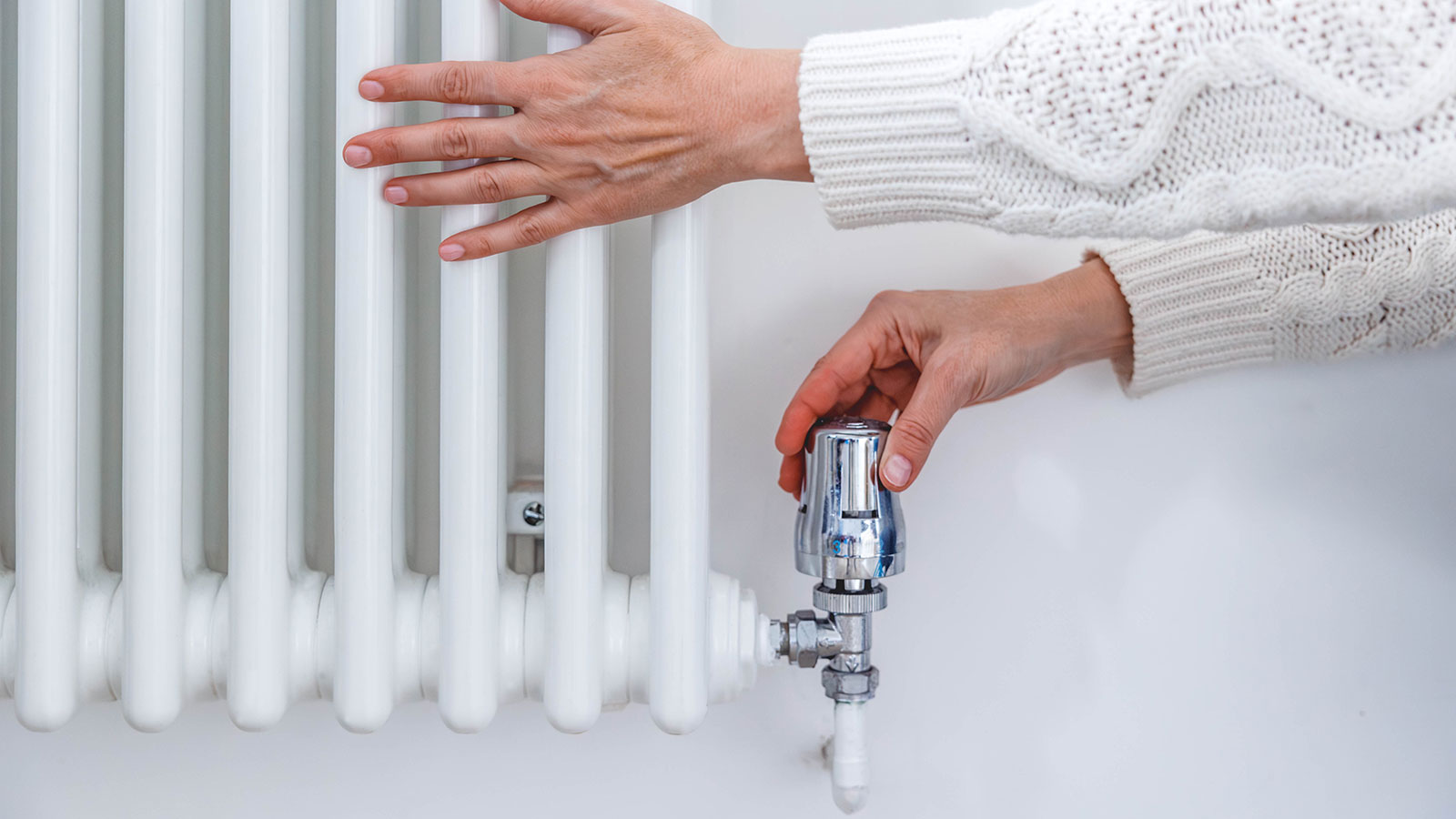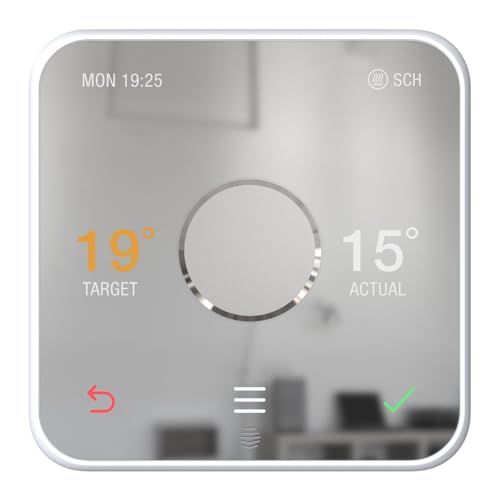When should you turn off your heating this Spring to save money?
We reveal the right time to turn off your heating this spring while keeping your home comfortable

Bring your dream home to life with expert advice, how to guides and design inspiration. Sign up for our newsletter and get two free tickets to a Homebuilding & Renovating Show near you.
You are now subscribed
Your newsletter sign-up was successful
As the days get longer and temperatures rise, you may be asking: When is the right time to turn off your heating?
With energy prices continuing to rise, knowing how and when to cut back can save you hundreds annually, without compromising on comfort.
Experts now agree that rather than following a fixed calendar date, the key is to take a flexible, measured approach to winding down your heating. And with better insulation, smart technology, and gradual changes, you can do just that.
Best time to switch off your heating
According to Gordon Wallis, Renewable Heating Specialist at Your NRG, the ideal time to begin switching off your heating is when the clocks go forward, which was on March 30 in 2025 and will be March 29 in 2026.
He claims this is the most economical way to use central heating because this date typically marks the beginning of warmer spring temperatures.
However, advice from energy experts at Grant Store notes that home conditions vary, so the right time really depends on insulation, room usage and personal comfort levels. If your home retains heat well, you might be able to ease off heating earlier without discomfort.
“There is no universal cut-off date,” a Grant Store spokesperson explains. “But many households use the late March clock change as a signal to start scaling back.”
Bring your dream home to life with expert advice, how to guides and design inspiration. Sign up for our newsletter and get two free tickets to a Homebuilding & Renovating Show near you.

Gordon has extensive experience in the heating sector where he leads marketing efforts focused on energy-efficient heating solutions. His work involves educating consumers on cost-saving strategies, particularly in response to rising energy prices.
How to transition your heating gradually
Instead of a sudden shut-off, experts advise you should ease into it in order to keep your house feeling warm.
Both Wallis and Grant Store agree: lowering your thermostat by just 1°C per week as spring progresses can reduce heating costs by up to 10% per degree – potentially saving over £100 per year.
Best smart thermostats
How turning heating off too early can cost you
Though it’s tempting to cut the heating as soon as the sun starts shining, that could be a mistake.
A late cold snap could leave you with frozen pipes or damp-prone walls, especially in older or poorly insulated homes.
“If your insulation is lacking, you’ll feel the cold more quickly - and so will your energy bills,” says Wallis. This is where smart meters and thermostatic radiator valves (TRVs) can help you track and reduce energy use intelligently.
Adam Clark of My Local Toolbox also stresses the importance of monitoring indoor conditions. “Make sure your home stays consistently above 15°C,” he warns. “Dropping too low can invite condensation and mould.”

Adam is the founder of My Local Toolbox, which provides quotes for homeowners for home improvement jobs. With a focus on simplicity and consumer-friendly propositions, he has founded several online brands that help consumers easily find and compare property-related services, including heating solutions.
Boost energy efficiency before switching off
Experts at Grant Store recommend improving your home’s energy retention before turning off the heating entirely. Consider these upgrades:
- Draught-proofing doors and windows
- Adding or topping up loft insulation
- Installing cavity wall insulation if applicable
They also suggest that upgrading to an A-rated boiler could save households up to £840 annually, depending on the existing setup. At the very least, make sure your boiler is serviced once a year to keep it running efficiently.
As temperatures begin to rise you will no longer need to have high energy bills for your thermostat, electric blankets or oil-filled radiators.
With these energy-saving tips you can switch off your heating without risking the dreaded cold spots or damp problems.
As energy prices continue to climb, every bit of savings counts, so make sure you’re making the most of your home’s heating system this spring - your wallet will thank you.

News Editor Joseph has previously written for Today’s Media and Chambers & Partners, focusing on news for conveyancers and industry professionals. Joseph has just started his own self build project, building his own home on his family’s farm with planning permission for a timber frame, three-bedroom house in a one-acre field. The foundation work has already begun and he hopes to have the home built in the next year. Prior to this he renovated his family's home as well as doing several DIY projects, including installing a shower, building sheds, and livestock fences and shelters for the farm’s animals. Outside of homebuilding, Joseph loves rugby and has written for Rugby World, the world’s largest rugby magazine.



